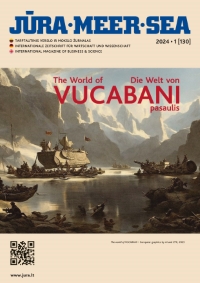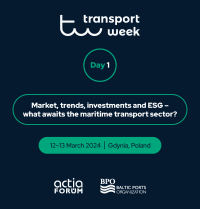The UK Chamber of Shipping has put tackling climate change at the top of its agenda. Shipping is six times more efficient than trucks and over 40 times more efficient than a freight aircraft as a mode of transport, but we know there is more to do to cut emissions and that is why we have called for a green industrial revolution to make the UK a world leader in developing the green technologies of tomorrow.
But we know we can’t do this all by ourselves. Shipping is a global industry which requires global collaboration and global initiatives.
Last year, IMO countries met in London and reached a milestone agreement to limit carbon emissions from shipping through the adoption of the initial Green House Gas (GHG) Strategy. The IMO is meeting this week to discuss short-term measures that will start delivering on its climate commitment deal by 2023.
The meeting is going to see proposals from countries and organisations, many of which are built on previous submissions ranging from speed restrictions to goal-based approaches, including things like propeller upgrades and innovative paints, that support setting goals that allow shipowners to make their own choices tailored to their business.
This week, the UK Chamber of Shipping will work with partners and table proposals that would allow flexibility, a level-paying field, reward early movers and incentivises innovation to help cut emissions. The International Chamber of Shipping has submitted a hybrid goal-based approach which combines elements that also addresses the concerns of ships for which key operational decisions are made by the charterer.
The Chamber will also continue to push our argument that slow shipping is not the answer to cutting emissions. Whilst much has been made of the possible benefits of slow shipping, we still believe that a one-size-fits-all approach won’t work, and slow shipping is not the answer. Ships are at the heart of international trade and if they are forced to slow down, we may need more vessels to transport the goods we need. This would increase carbon emissions which we all want to avoid.
What is needed is international regulations that encourages innovation and technological advancement to help reduce emissions, not a blanket reduction in shipping speed.
Last May we had a taster of what is to be discussed, where the majority of the IMO countries expressed their clear support for a goal-based approach. There are encouraging signs that the IMO is likely to support a goal-based approach at this session as well. However, it should not prolong indecision but signal at this meeting about the direction of travel.
The clock is ticking. The IMO meeting is a key opportunity to demonstrate the commitment in its GHG ambition.
UK Chamber of Shipping










